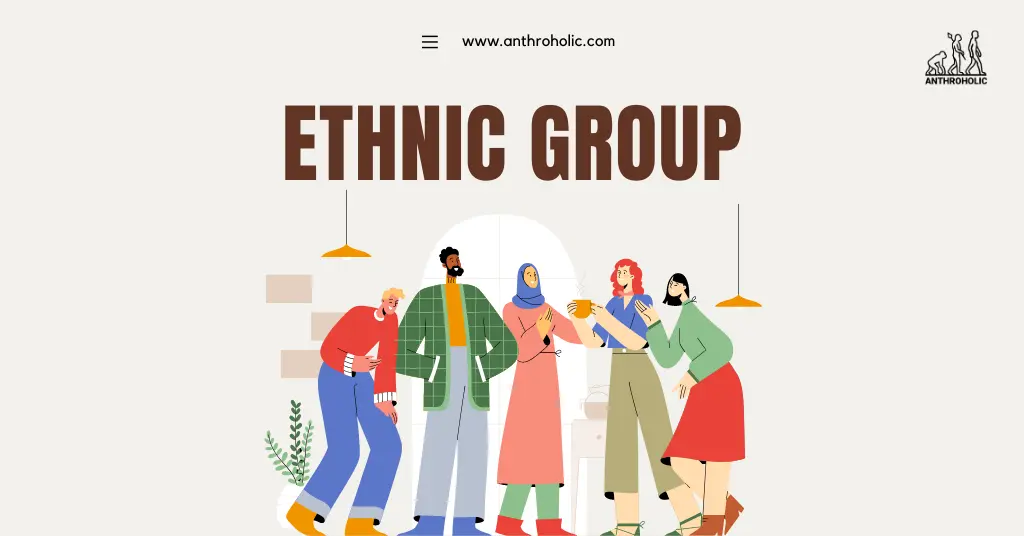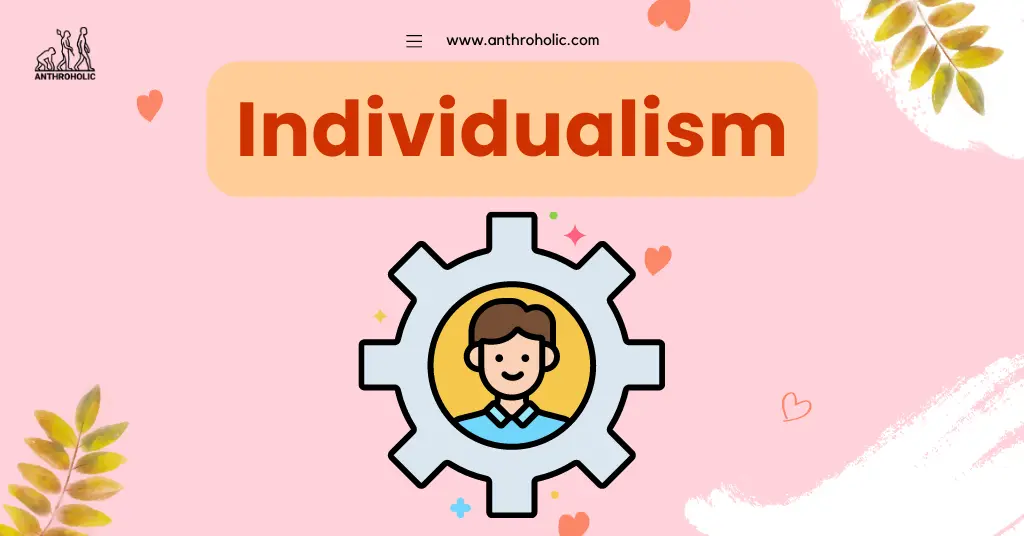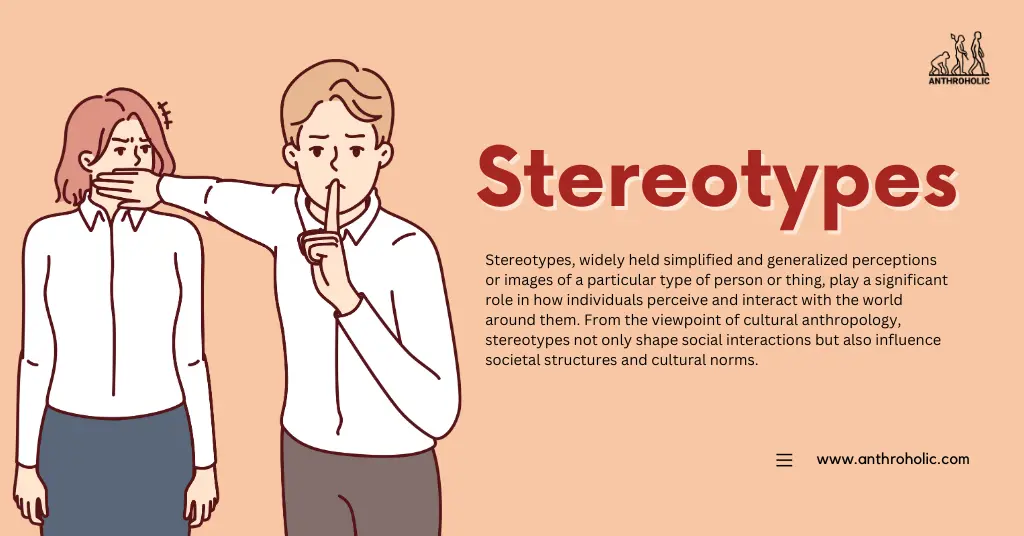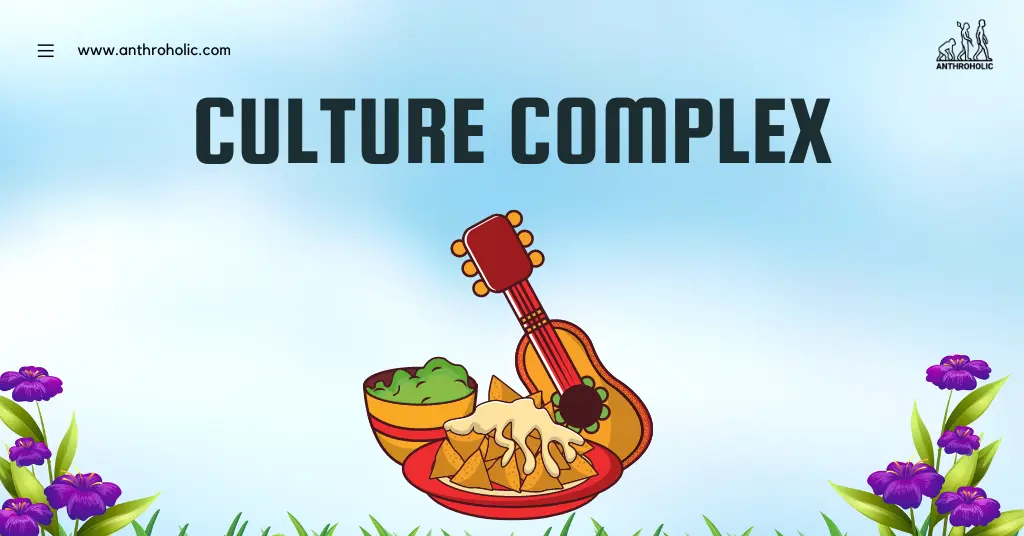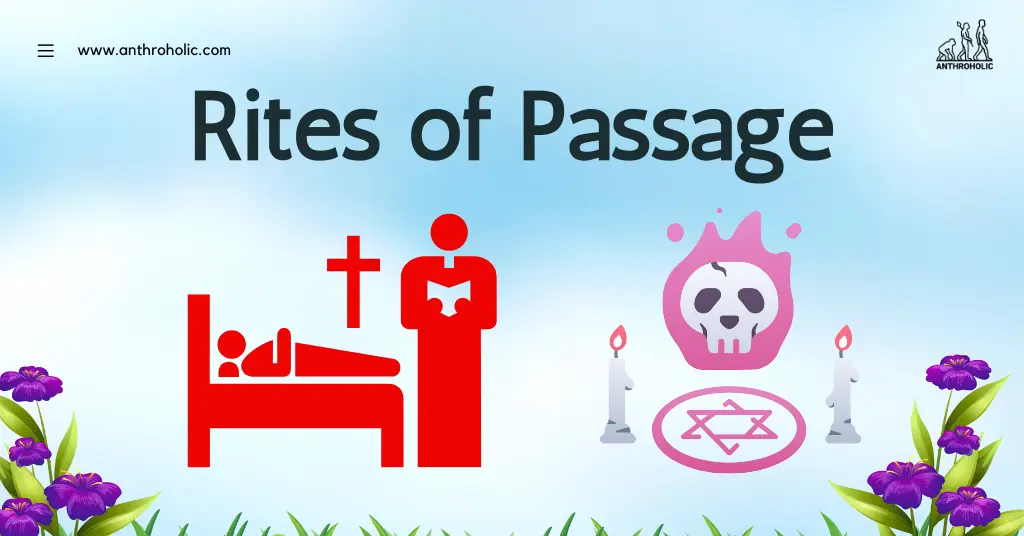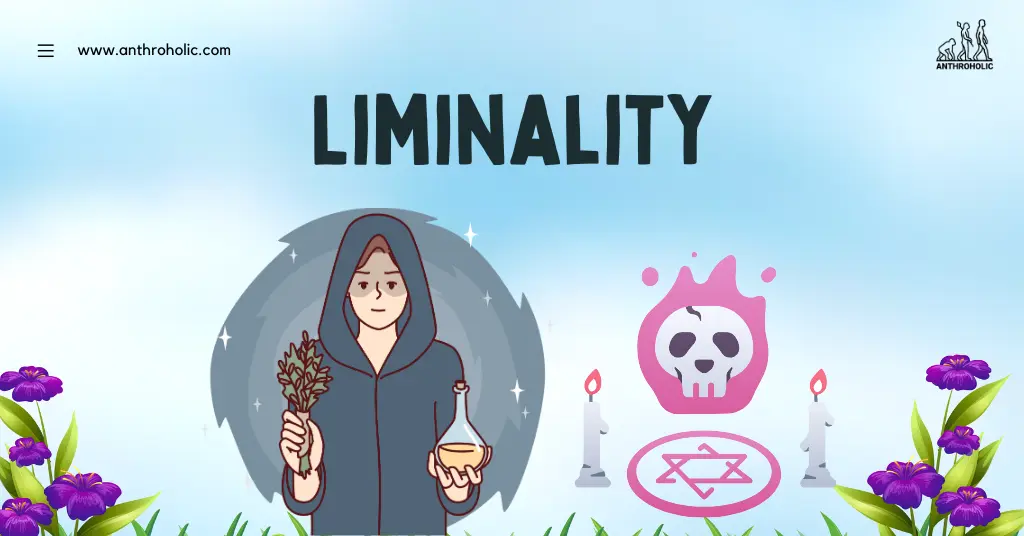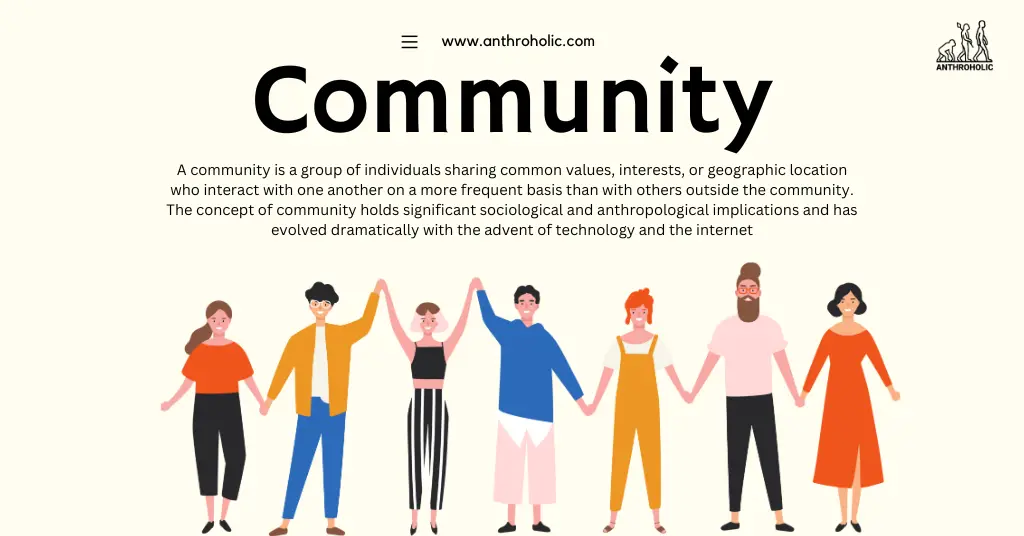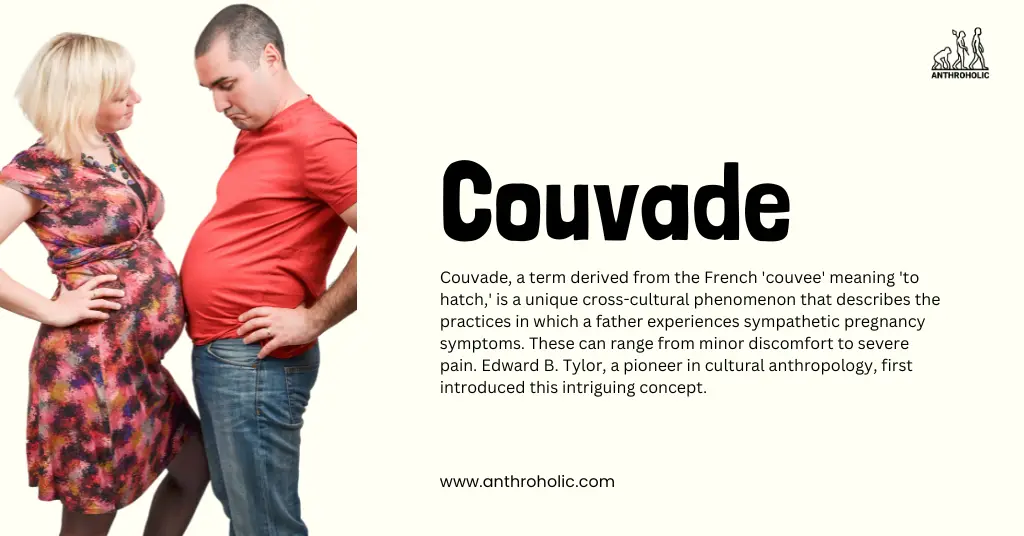AI Answer Evaluation Platform Live Now. Try Free Answer Evaluation Now
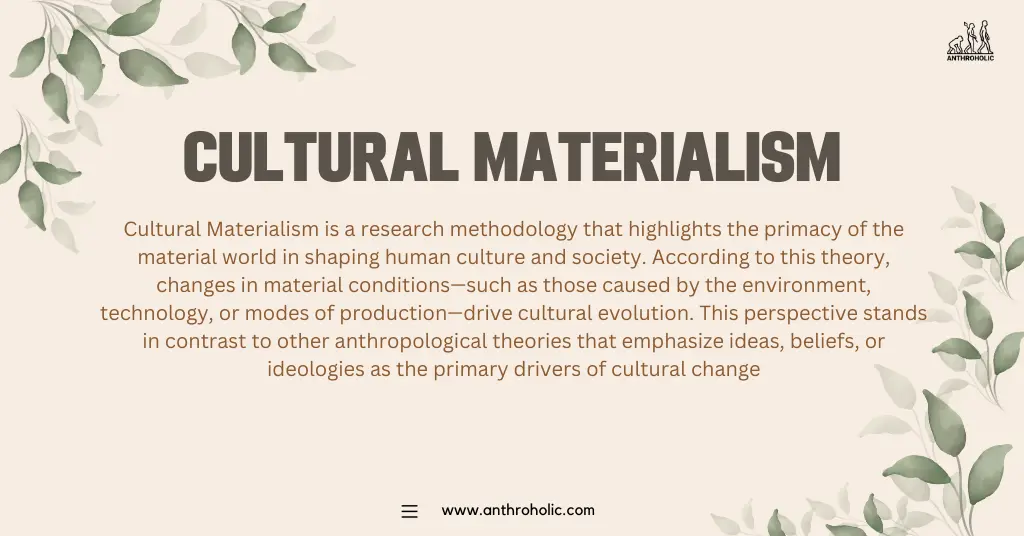
Cultural Materialism
Cultural Materialism, a theoretical framework originally coined by anthropologist Marvin Harris, provides an insightful perspective for examining socio-cultural phenomena. As a research strategy, it uses the material conditions of life, specifically the production and reproduction of life, to illuminate cultural practices and beliefs.
